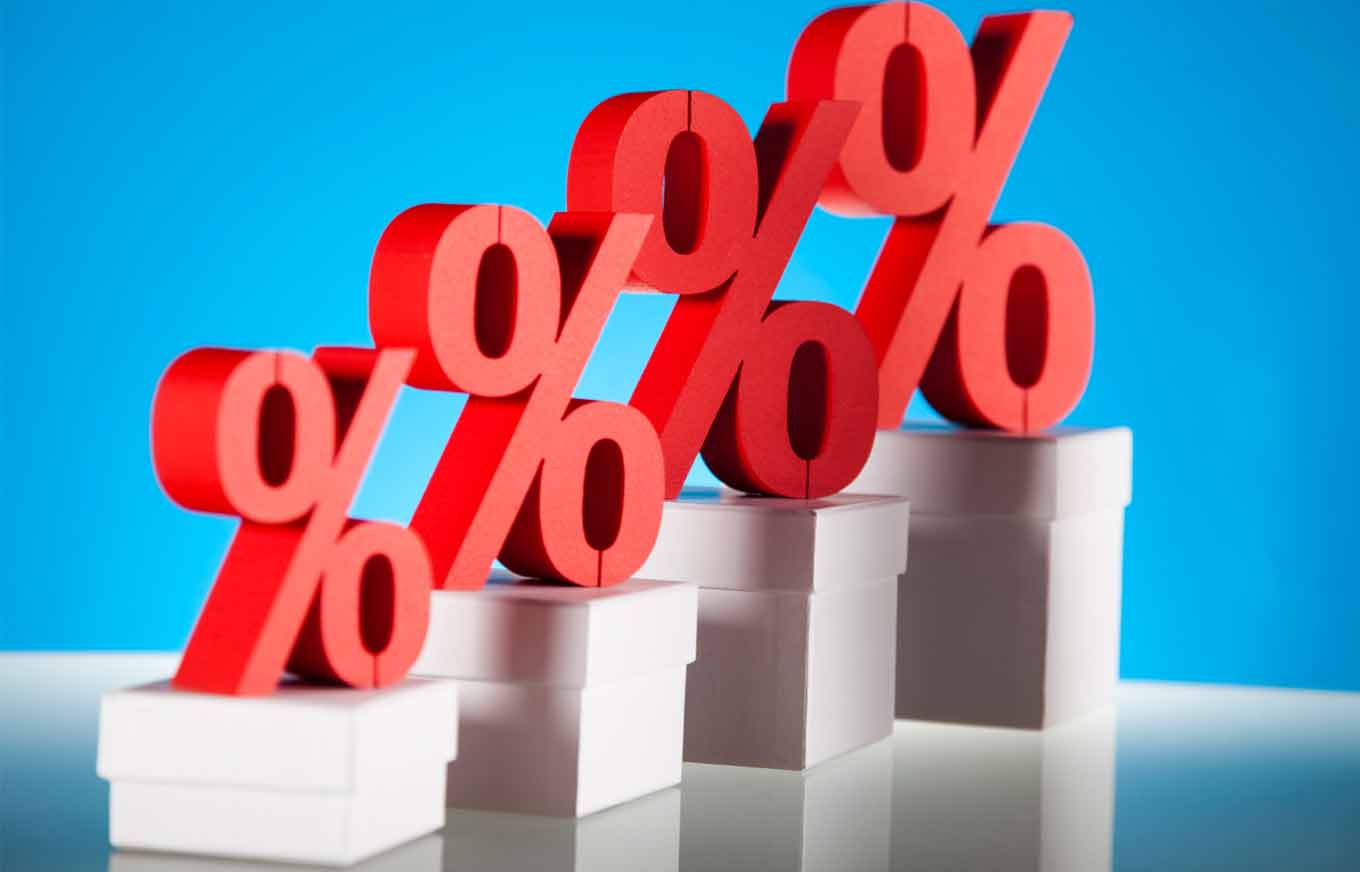Interest rates have been steadily rising over the past couple of months. This is not something that can be ignored and it is important to understand what that the implications are in your personal finances both negative and positive. During periods of high interest rates there are things to take advantage of as well as risks to manage. Remember at the end of the day the interest rates signify the cost of money. Due to various economic conditions key among which was the exchange rate, (which to cut a long story short came as a result of extremely high demand for foreign currency) money has moved out of the economy and hence the cost of money has generally increased. To get a shilling from someone else, you have to pay more. This has implications for the borrower as well as the lender of the money. We are both. You borrow and consume money. Not only banks are lenders. We are also lenders of money. Everybody who has a bank account pretty much is also a lender and hence should be aware of what they can do.
Let’s start with the borrower or consumer of money. You may have already received a notice from your bank that the cost of your loan has gone up. This will happen if you were on a variable interest rate and not a fixed rate. Most loans are offered on variable terms meaning the rate can be moved up and down depending on the environment. Banks waste no time in reacting to higher interest rates and neither should you. This means that your monthly repayment will have gone up and over the length of your loan; you will end up paying more interest to the bank. That’s not a good place. If you can, do put extra payments into the principal amount of your loan. Lets break this down using an example. Say you have had borrowed one million shillings for 5 years. Your bank notifies you that the interest rate has gone up to 20% p.a. Your monthly repayment moves to Kshs 27,000. The total interest you will pay over the life of the loan is now Kshs 590,000. If you put in an extra 15,000 per month towards the principal you can slash this interest by almost half to Kshs 307,000 and get out of your loan in less than three years. This strategy also works with lump sum payments. You may not have the monthly amount but you can put lump sums once or a couple of times a year. The principle of paying debt faster should be applied whether interest rates are rising or not but now is really a good time to start. Remember businesses are also incurring this higher cost of funds and some of them will pass the increase on to you. So you may also find that as consumer of money you have to pay more to fill your shopping trolley. The mistake most of us make is reducing on savings or investments to continue consuming the same amount. Do not do that at all. Reduce your consumption. Find ways of saving money within your consumption. For example to fuel and continue using your car, cut down on your entertainment expenses. Do not cut down on your savings to fuel the car. Sometimes all it actually takes is looking for efficiencies that you can take advantage off e.g. buying in bulk from wholesalers, watching out for wasteful electricity consumption etc.
Now to you as lender and investor. High interest rates can be good for investors and savers. This is why you should not cut your savings to consume. You can get really good returns on risk free investments. As at the date of this article the last average return on the 91-day Treasury Bill was 18% p.a. (Do write to me to get more information on how treasury bills work). In June this rate was 8% p.a. This means that you can invest Kshs 100, 000 in a treasury bill, take no risk and earn Kshs 18, 000 (annualized). This also means you can challenge your bank on the interest rates that they are paying you. Remember if you are saving in a bank, you are in effect lending money to the bank. Banks in this period are looking for this money that is in short supply. You have the upper hand. If your bank will not give you a good rate on your savings or investments go and negotiate with another bank or lend the money to the government via treasury bills. In this environment let your cash work for you. Do not keep money idle in the bank. Because of money moving out values of other investments have been suppressed. The stock market is a good example. Historically high interest rates always lead to lower activity on the stock market as people move money out to capitalize on the attractive risk free returns we spoke about. Depressed stock market prices provide an opportunity to invest in fundamentally strong companies. Of course you must do your research on the individual shares but suppressed prices do not mean that the company is bad. You might find some stocks that are significantly undervalued and when money does come back into the market the demand for those shares will increase. So do not be a victim of high interest rates. Manage the downside with your debts and watching consumption whilst keeping your eyes open to the opportunity it also provides.


Vivid,and clear piece on how to handle interest rates,thks waceke